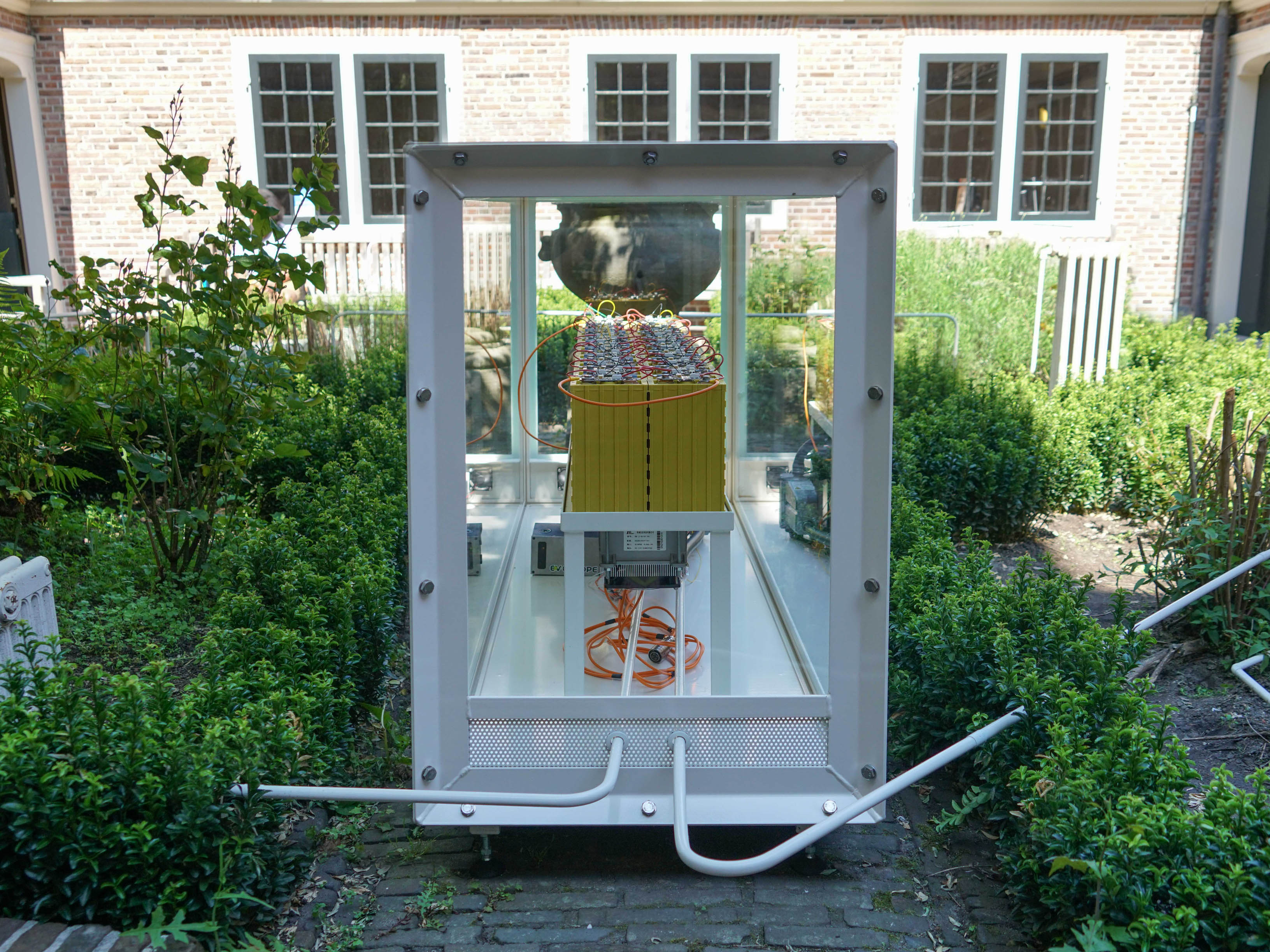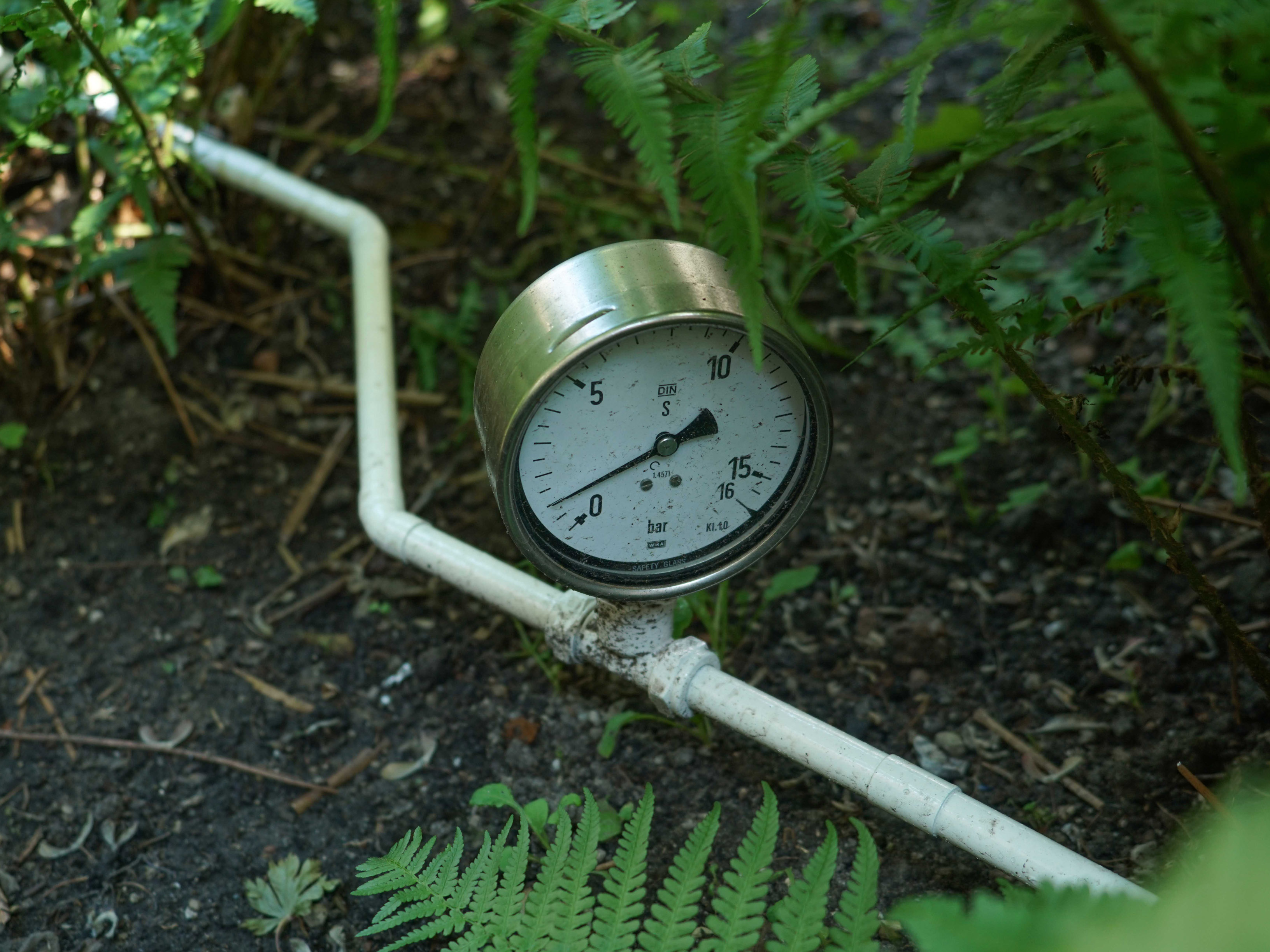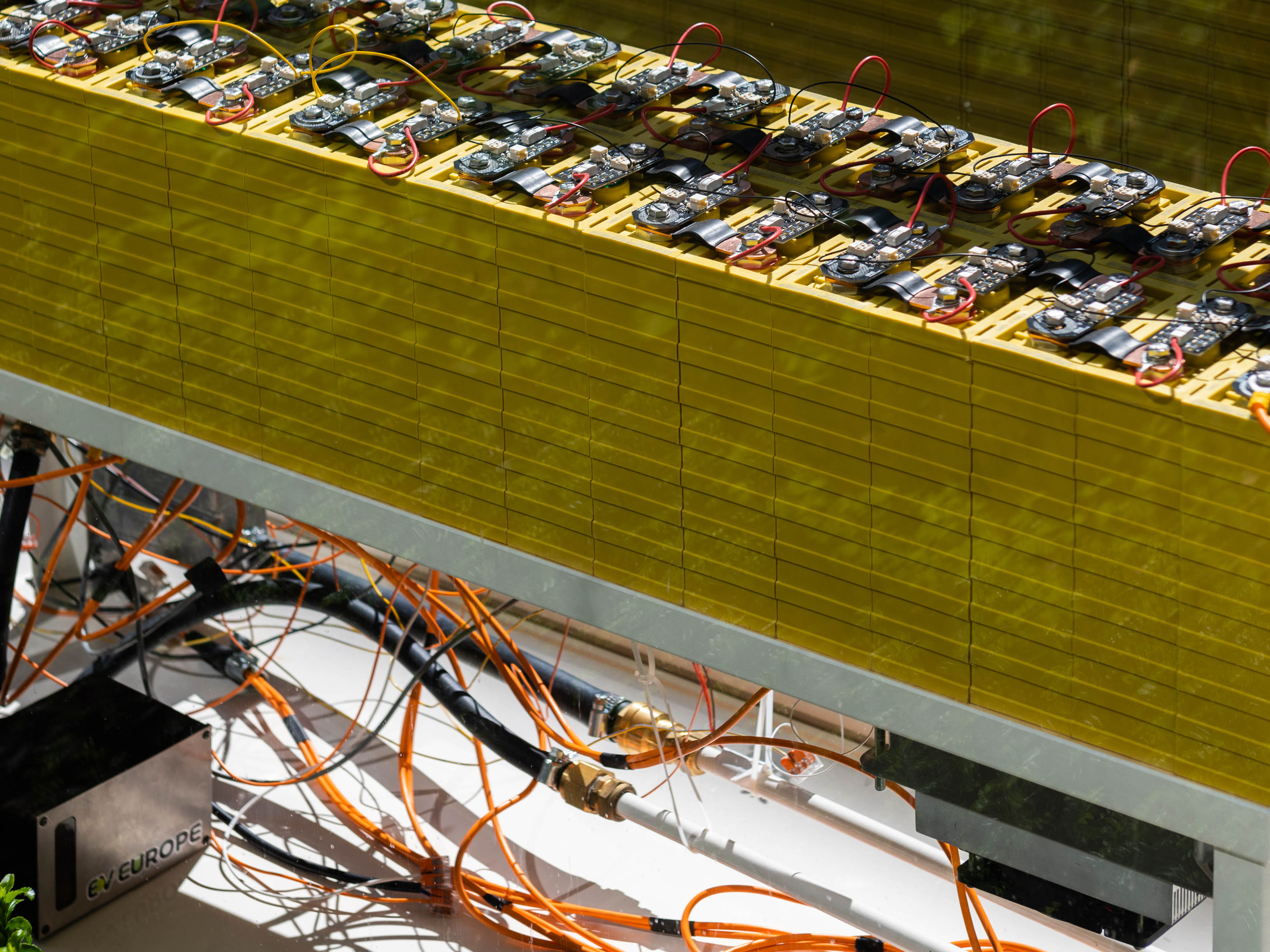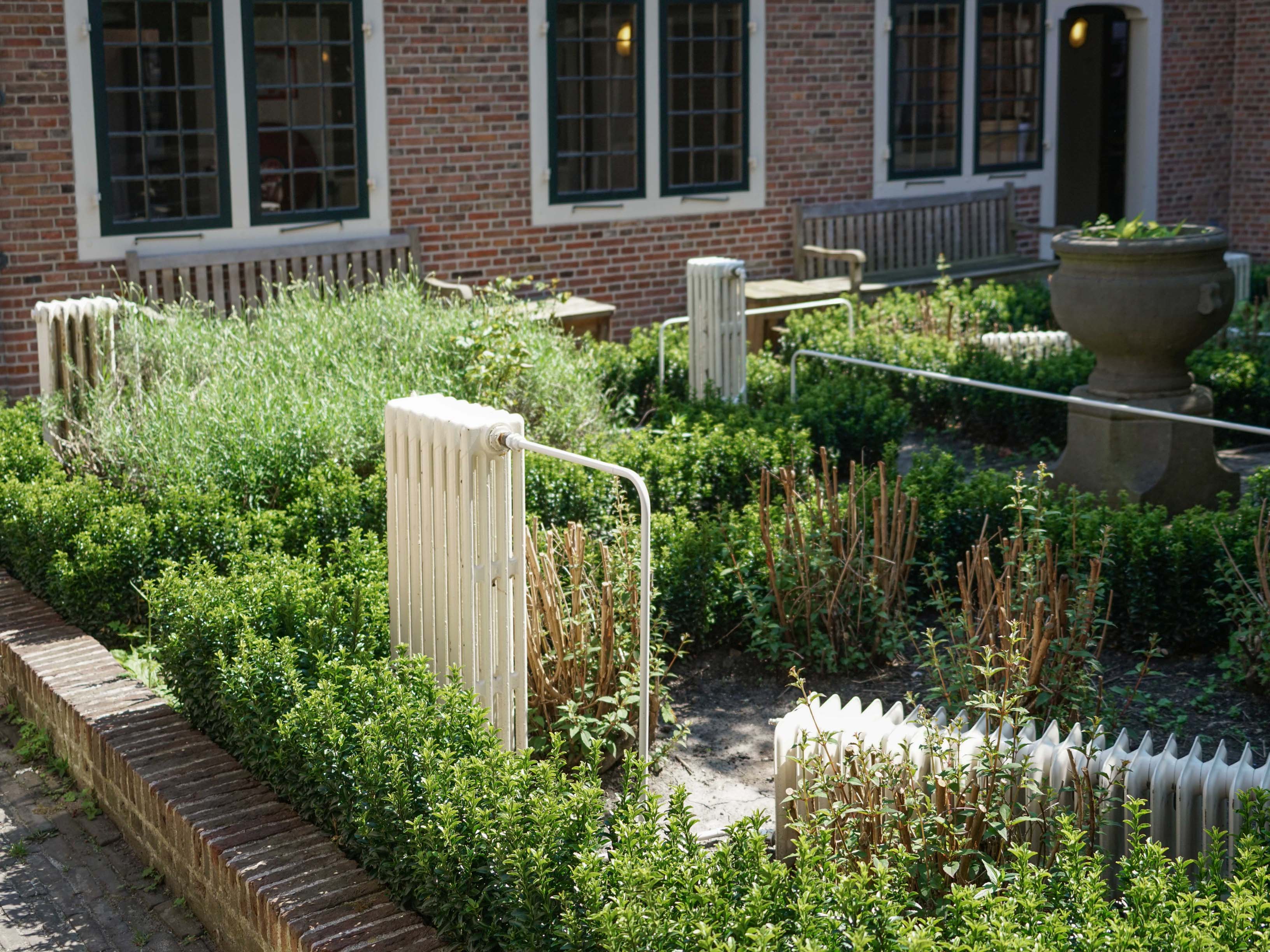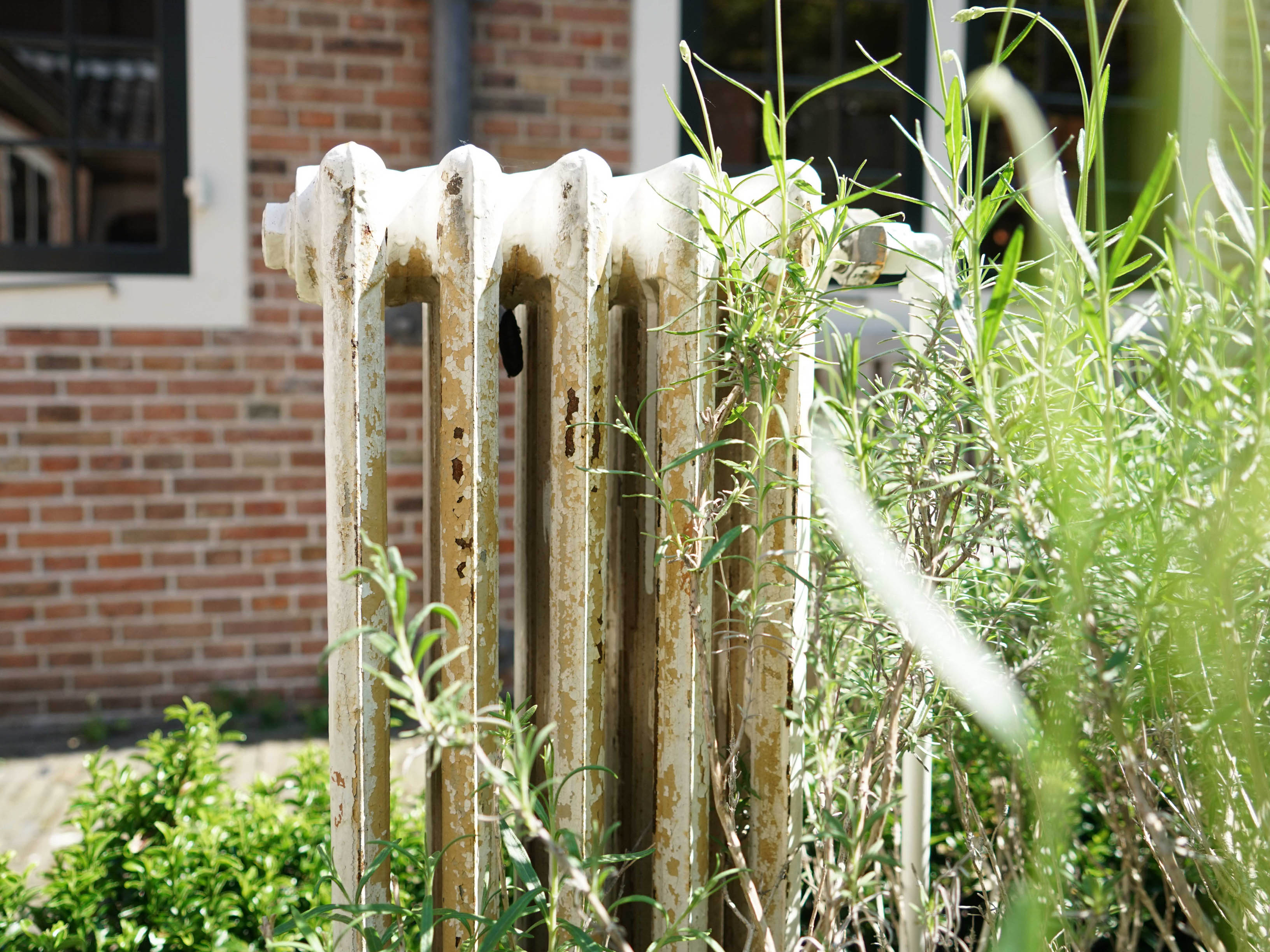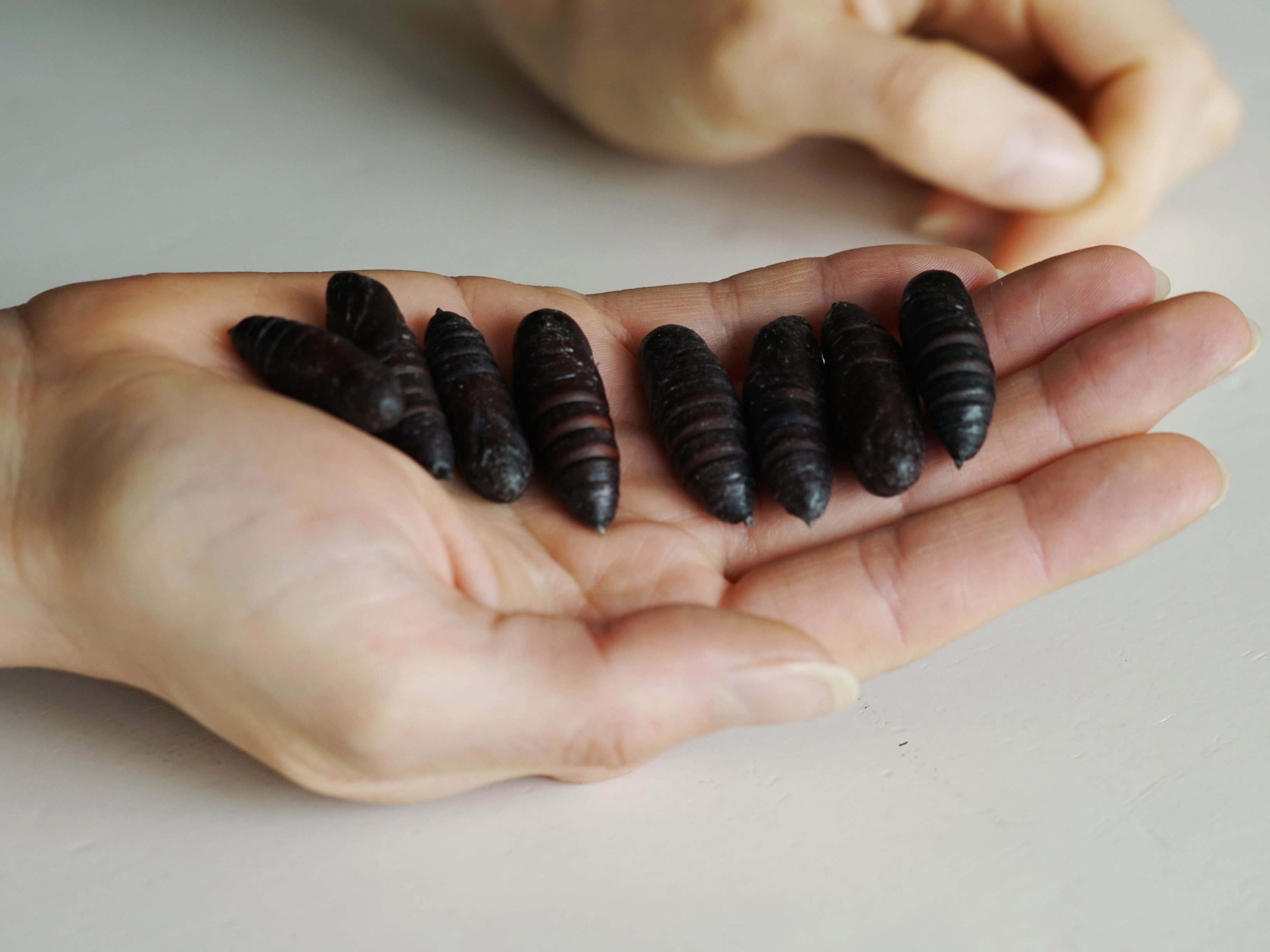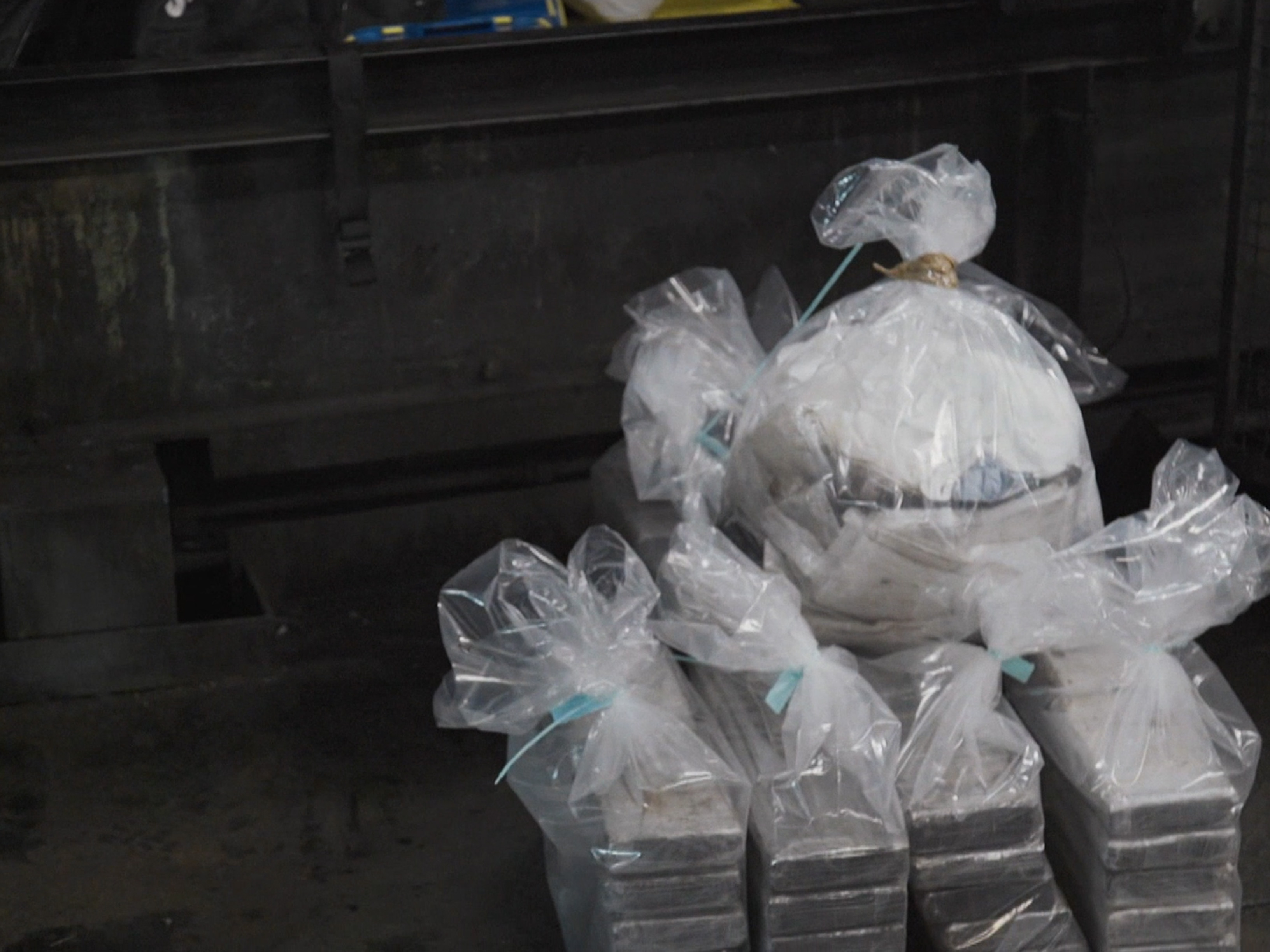2021
Illegal items (e.g. drugs) are confiscated by customs and extracted from circulating on the market. Law determines that these items are immediately destroyed through incineration. However, the leftover of this process generally enters another circulation; that of the electric grid. After the incineration of a batch of confiscated cocaine in the Spring of 2021 - found in the docks of Rotterdam between a shipment of avocados from Costa Rica - a battery was charged, directly at the power plant.
This ‘cocaine battery’ was then used to heat a closed circuit of reused radiators, keeping them at moderate temperature so to offer the ultimate conditions for a series of local moth pupae to hatch over time and fly out into the vast environment.
*Latin for ‘form’ or ‘likeness’, the ‘instar’ refers to a body in between the shedding of skins. An incomplete metamorphosis. The former body being digested into the next, made of cells entirely different and radically the same. Finally, when a moth or butterfly emerges from the pupa, one body is destroyed and one is generated. The unfixed state of the instar contains life and death simultaneously, a pupa is both a birth chamber and a coffin.
Illegal items (e.g. drugs) are confiscated by customs and extracted from circulating on the market. Law determines that these items are immediately destroyed through incineration. However, the leftover of this process generally enters another circulation; that of the electric grid. After the incineration of a batch of confiscated cocaine in the Spring of 2021 - found in the docks of Rotterdam between a shipment of avocados from Costa Rica - a battery was charged, directly at the power plant.
This ‘cocaine battery’ was then used to heat a closed circuit of reused radiators, keeping them at moderate temperature so to offer the ultimate conditions for a series of local moth pupae to hatch over time and fly out into the vast environment.
*Latin for ‘form’ or ‘likeness’, the ‘instar’ refers to a body in between the shedding of skins. An incomplete metamorphosis. The former body being digested into the next, made of cells entirely different and radically the same. Finally, when a moth or butterfly emerges from the pupa, one body is destroyed and one is generated. The unfixed state of the instar contains life and death simultaneously, a pupa is both a birth chamber and a coffin.
Heat Installation. Electricity generated from burning confiscated cocaine, lithium batteries, heater, heat-regulator, pump, custom made steal case, copper pipes, cast iron radiators, moth pupae (Smerinthus Ocellata and Tiliae)
Many thanks goes out to the generous advise and support of: Thomas van Dijk, Hans Struiksma, Peter-Jan Schouten (EV Europe), Alida van Leeuwen (BplusC), HARC-team, Douane Belastingdienst, Madeleine Peccoux, Willem van Kelle, Suzanne Wallinga, Stichting Beelden in Leiden, Creative Industries Fund, KABK Design Lectorate.
image 1-3, 6-9 Vibeke Mascini image 4,5 LNDWstudio
image 10-12 stills from ‘De douane in actie’ image 13,14 Oscar Santillan
Many thanks goes out to the generous advise and support of: Thomas van Dijk, Hans Struiksma, Peter-Jan Schouten (EV Europe), Alida van Leeuwen (BplusC), HARC-team, Douane Belastingdienst, Madeleine Peccoux, Willem van Kelle, Suzanne Wallinga, Stichting Beelden in Leiden, Creative Industries Fund, KABK Design Lectorate.
image 1-3, 6-9 Vibeke Mascini image 4,5 LNDWstudio
image 10-12 stills from ‘De douane in actie’ image 13,14 Oscar Santillan
